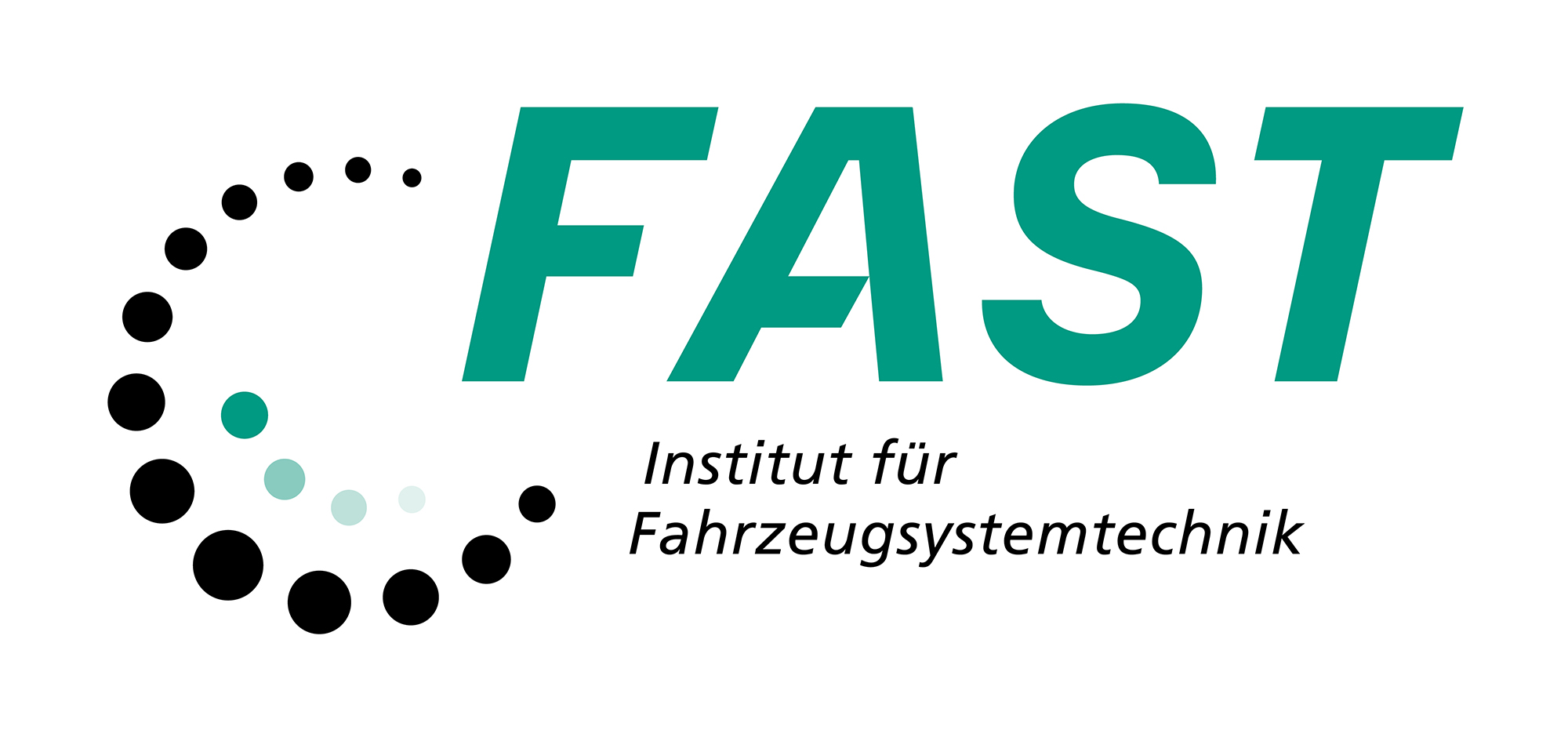Programming in CAE-Applications
- type: Praktikum (P)
-
chair:
KIT-Fakultäten - KIT-Fakultät für Maschinenbau - Institut für Fahrzeugsystemtechnik - Bereich Leichtbau
KIT-Fakultäten - KIT-Fakultät für Maschinenbau - semester: WS 24/25
-
time:
Tue 2024-10-22
15:45 - 17:15, weekly
Tue 2024-10-29
15:45 - 17:15, weekly
Tue 2024-11-05
15:45 - 17:15, weekly
Tue 2024-11-12
15:45 - 17:15, weekly
Tue 2024-11-19
15:45 - 17:15, weekly
Tue 2024-11-26
15:45 - 17:15, weekly
Tue 2024-12-03
15:45 - 17:15, weekly
Tue 2024-12-10
15:45 - 17:15, weekly
Tue 2024-12-17
15:45 - 17:15, weekly
Tue 2025-01-07
15:45 - 17:15, weekly
Tue 2025-01-14
15:45 - 17:15, weekly
Tue 2025-01-21
15:45 - 17:15, weekly
Tue 2025-01-28
15:45 - 17:15, weekly
Tue 2025-02-04
15:45 - 17:15, weekly
Tue 2025-02-11
15:45 - 17:15, weekly
- lecturer: Prof. Dr.-Ing. Luise Kärger
- sws: 2
- lv-no.: 2113109
- information: Blended (On-Site/Online)
| Content | The development of components supported by numerical simulations, for example through the finite element method (FEM), has become an indispensable part of modern engineering work. They allow a virtual evaluation of different component variants and thus contribute to an efficient product development process. For the correct use of CAE methods and the generation of reliable simulation results, knowledge of the methodological background and a goal-oriented approach for the model setup and simulation evaluation is essential. Thereby, recurring problems can be solved efficiently and automatically by programming sequence and evaluation scripts. The investigation of modern material systems such as continuous fiber-reinforced plastics represents an additional challenge. For these complex materials, there is often a lack of commercially available methods, which is why the implementation of user-defined material models through suitable subroutines is increasingly necessary. In this workshop, students learn about the everyday work of computational engineers. Step by step, the basics of the finite element method are worked out using practical examples in Abaqus, as well as typical procedures for model setup and evaluation. Building on this, basic knowledge of script programming in Python and the implementation of material models in Fortran subroutines is taught. The aim of the course is to illustrate the contents in an application-oriented manner through a combination of lectures, supervised classroom exercises and solving project tasks in small groups during the semester. Main topics:
Learning Objectives: Students will be able to
|
| Language of instruction | German |
| Organisational issues | Die Veranstaltung findet immer dienstags um 15:45 Uhr am Campus Ost in Geb. 70.04, Raum 219 statt. Aufgrund des gewünschten Betreuungsverhältnisses und der Institutsausstattung ist die maximale Anzahl der teilnehmenden Studierenden begrenzt. Die vorläufige Anmeldung erfolgt über das zugehören Formular auf der Instituts-Homepage (https://www.fast.kit.edu/lbt/1205.php), welches Mitte September dort zusammen mit weiteren Details veröffentlicht wird. Bei zu vielen Interessenten findet eine Auswahl unter allen Interessenten statt. ________________________________________________________________________ The event takes place every Tuesday at 3:45 p.m. on Campus East in building 70.04, room 219. Due to the desired supervision ratio and the institute's equipment, the maximum number of participating students is limited. Preliminary registration takes place via the associated form on the Institute's homepage (https://www.fast.kit.edu/lbt/1205.php), which will be published there together with further details in the mid of September. If there are too many interested students, a selection will take place among all interested students. |

